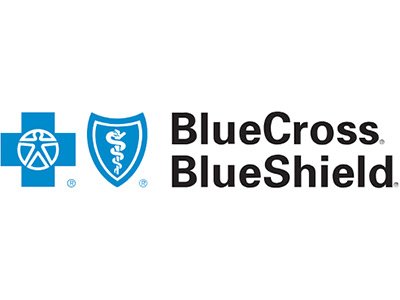Compassionate Picky Eating Disorder Treatment, Avoidant Restrictive Food Intake Disorder (ARFID) Dietitian Nutritionist in Colorado
Embark on a transformative journey from extreme picky eating or picky eating recovery to full recovery and holistic well-being. Our certified medical nutrition therapy dietitians provide compassionate care to guide you toward lasting healing and a more balanced and varied diet, expanding your palate, and fostering a positive relationship with food for improved nutritional well-being and overall health.


























Recent “graduate” from Side by Side Nutrition. I started working with SBSN to figure out how food worked after having an eating disorder for years. And I’m so happy I got so much more than that! SBSN introduced me to Self-Compassion and met me with an approach that never included shaming me. I looked forward to our sessions every week, even if I hadn’t done any of my work, because I knew she’d be understanding and work with me to figure out what I needed to make it happen. And none of that compassion and presence was lost when we had to switch to telehealth. When I started, I didn’t think healing from an eating disorder was possible. And I never in my wildest dreams imagined that I’d come out of it with an unshakable love for my body (certainly not a plus size body with chronic illness)! I’m so glad circumstances sent me here because I know I wouldn’t have gotten to this place with my previous dietician! I am STRONG, I am CONFIDENT, and I am in LOVE with myself! Thank you so much for helping me on my journey here! It wasn’t easy, but it was so worth it!
— Michaela Myers